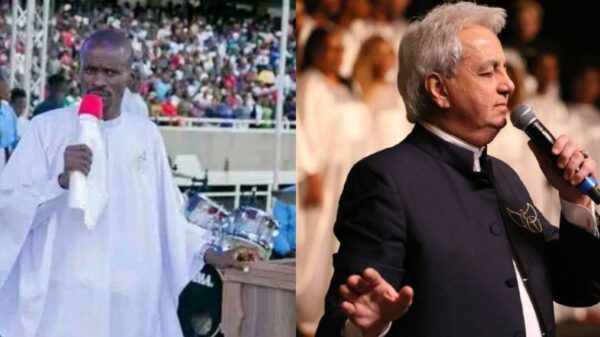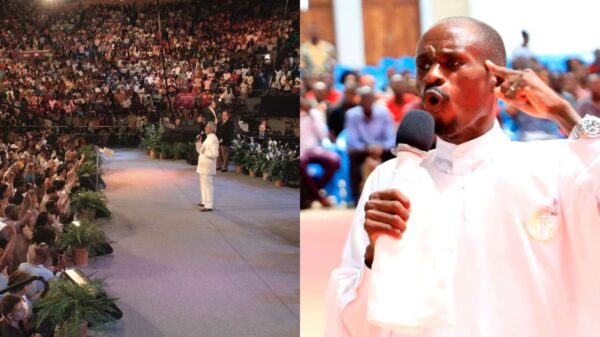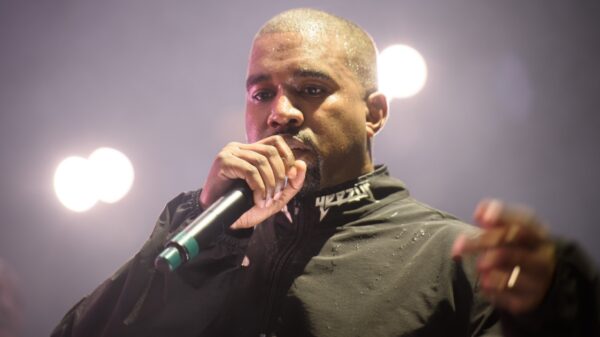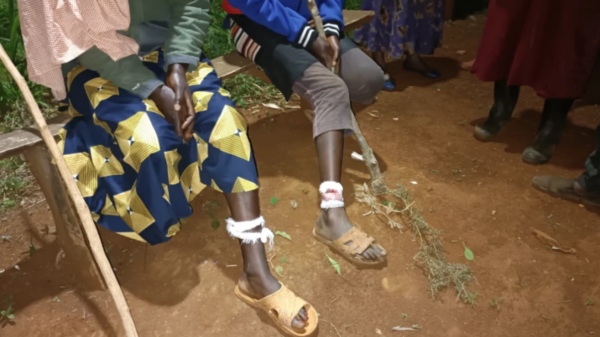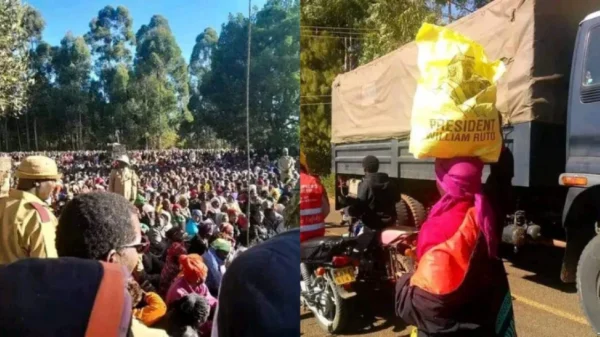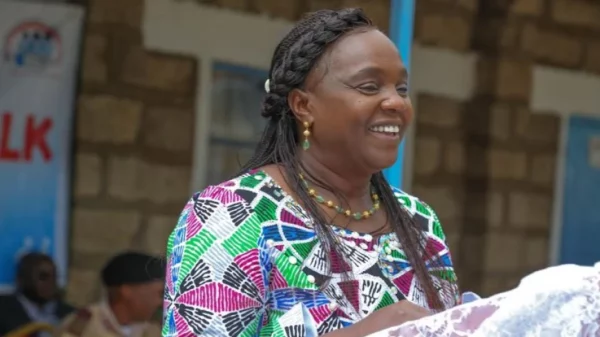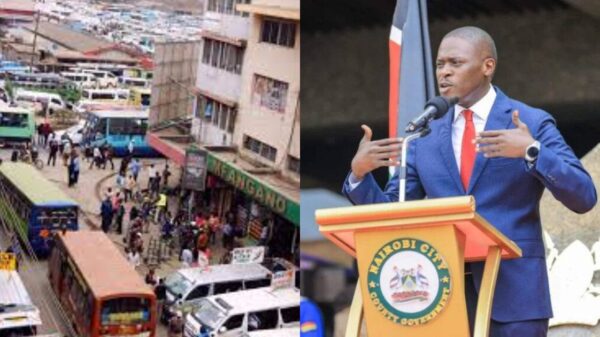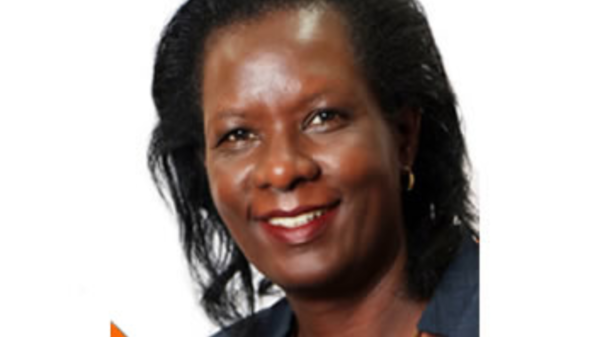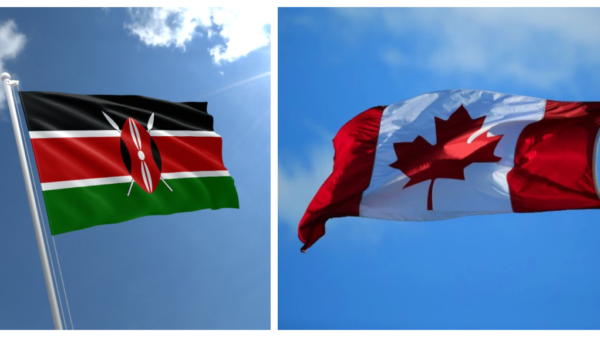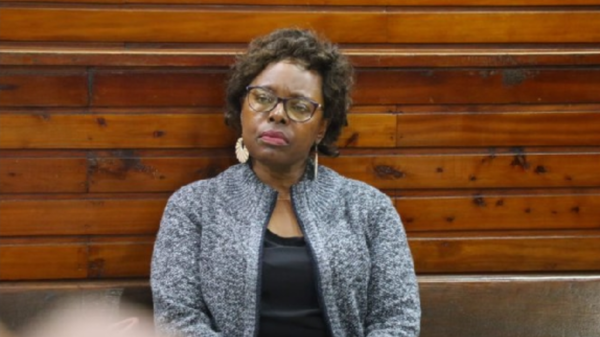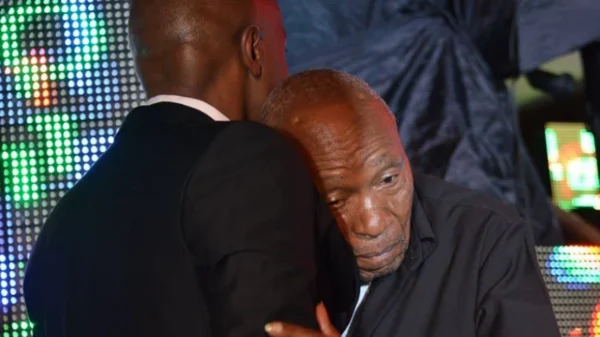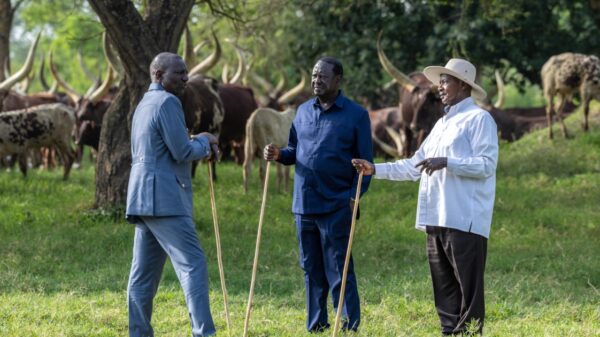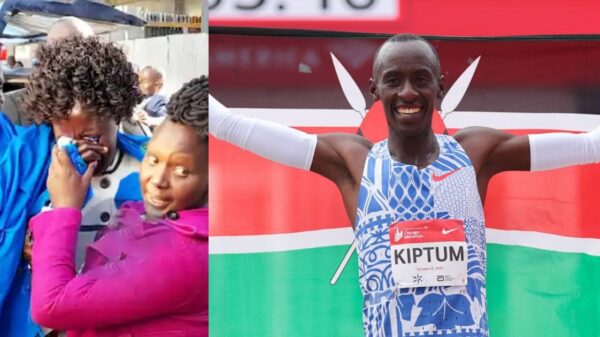• King Charles, on his first visit to a Commonwealth country faced claims that he should apologise for the atrocities committed by his people during colonial times
• Charles expressed “greatest sorrow” and “deepest regret” for past “wrongdoings,” but stopped short of directly apologising
• Senator Nyutu stated that admitting guilt would allow families affected to file lawsuits against the British government
King Charles, on his first visit to a Commonwealth country since ascending to the throne, stopped short of apologising for Britain’s brutality against Kenyans during their independence struggle.
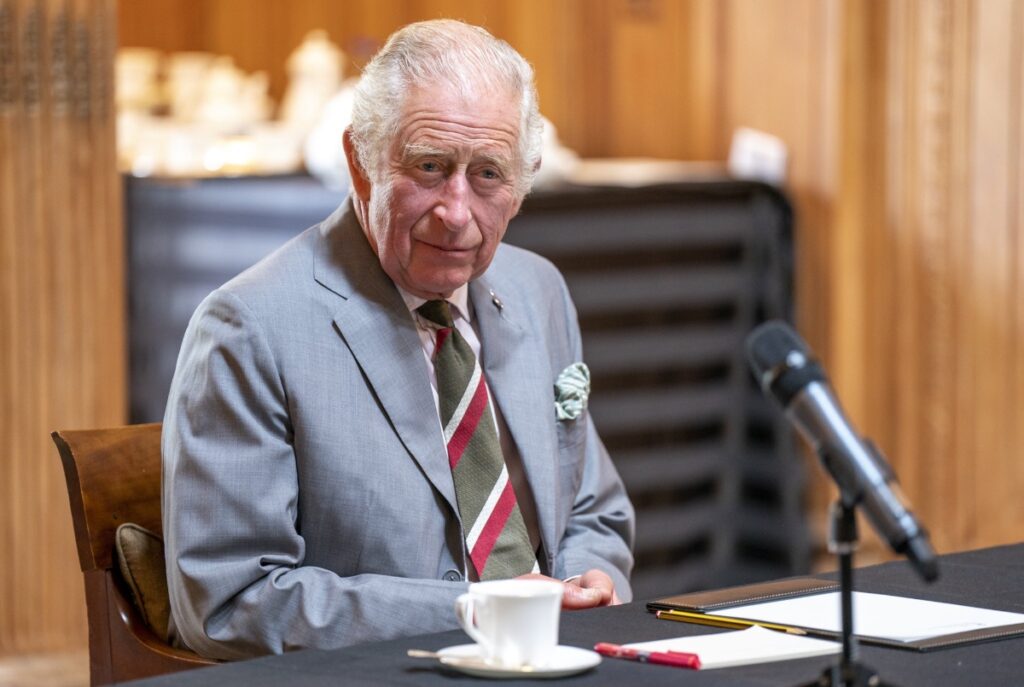
King Charles III
Photo: X
Charles expressed “greatest sorrow” and “deepest regret” for past “wrongdoings,” but stopped short of directly apologising, despite demands from human rights groups that he do so.
According to Murang’a Senator Joe Nyutu, who spoke on Citizen TV’s Day Break on Thursday, the visiting monarch could not openly apologise because doing so would be admitting guilt for the atrocities meted against Kenyans during the colonial period.
He also stated that admitting guilt would allow families affected by the brutality to file lawsuits against the British government.
“If King Charles III apologizes, it would mean that he is pleading guilty, and the families that were affected by the independence struggle might start to file lawsuits,” Nyutu explained.
“He is smart, he has advisors, thats why I think he would not have apologised directly as we would have wanted.”
According to Godfrey Osotsi, Senator Vihiga County, while Charless did not directly apologise, he did admit that atrocities were committed against Kenyans as well as other countries that were part of the British colony.
He said Kenyans should take the advantage and foster stronger ties with Britain to spur economic growth.
“Recognising those atrocities by Charles means that he is saying we are not forgetting the past , but we have an opportunity to go into the future together as one people as people who recognize that we cannot continue to live in the past.” Osotsi said.
“We use the past to make the future better for both countries.”
Ahead of the visit by Charles III, the Kenya Human Rights Commission (KHRC) had demanded unequivocal apologies for mass and systemic atrocities, historic land injustices, and corporate-related violations involving the British government and British corporations in a press conference on Sunday.
More than 10,000 people died in the Mau Mau uprising, a figure some historians claim is a low estimate.
Tens of thousands of Kenyans — many with no links to the Mau Mau — endured harrowing treatment including torture and appalling sexual mutilation at the hands of security forces.
Following a years-long court battle, Britain agreed in 2013 to compensate more than 5,000 Kenyans who had suffered abuse during the Mau Mau revolt, in a deal worth nearly 20 million pounds ($25 million at today’s rates).
Each claimant received around 2,600 pounds after legal costs were deducted.
At the time, then foreign secretary William Hague said Britain “sincerely regrets” the abuses but stopped short of a full apology.



